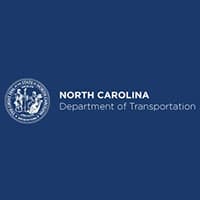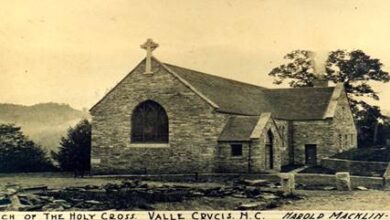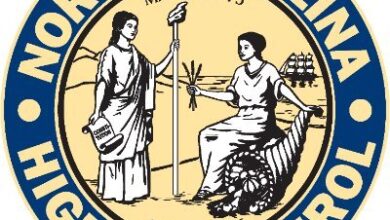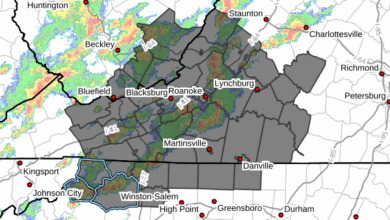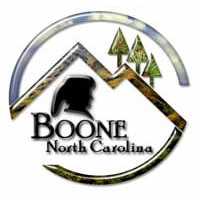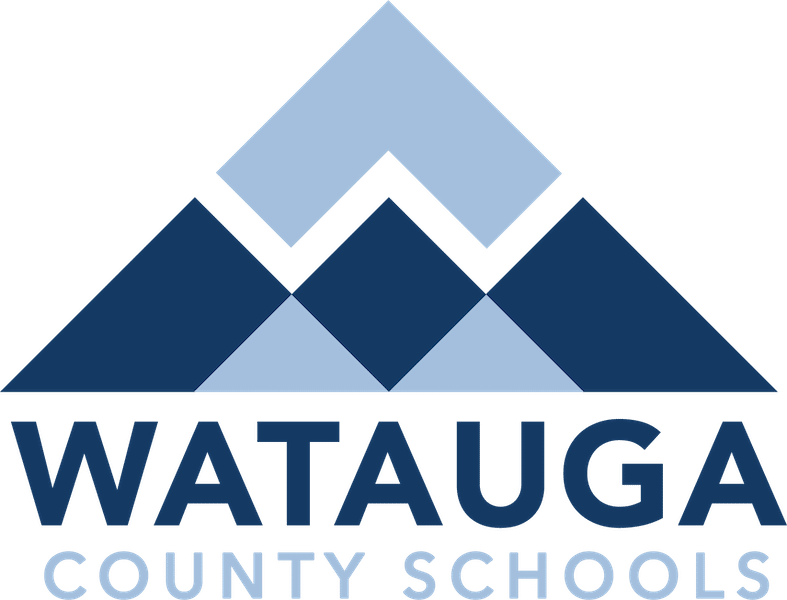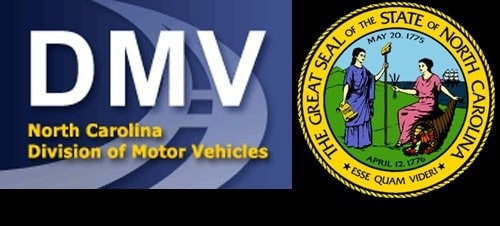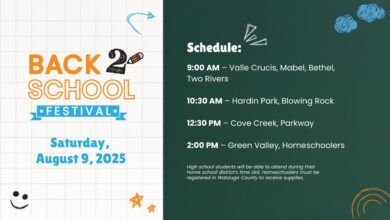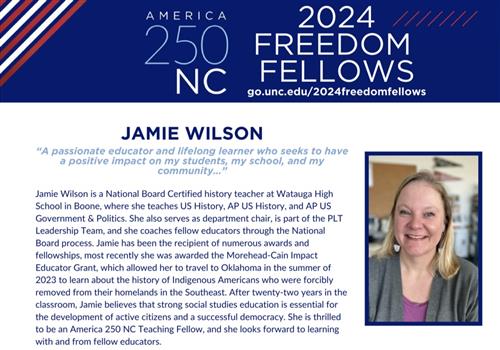
Watauga High School History Teacher Jamie Wilson was recently selected as one of the seventeen K-12 educators across the state to serve as an America NC Freedom Fellow. Each teacher selected represents diverse regions and disciplines.
Wilson is a National Board Certified teacher and teaches US History, AP US History and AP US Government & Politics classes at WHS. She also serves as the department chair. After 22 years in the classroom, she believes that strong social studies education is essential for the development of active citizens and a successful democracy.
“I am thrilled to work with other educators from this state as well as professionals in public history and other scholars to learn more about the history of our great state,” Wilson said. “I am looking forward to seeing new historical sites and bringing what I learn back to my students and colleagues.”
Using a thematic approach to history education, the America 250 Freedom Fellowship will allow fellows to study how inhabitants of North Carolina have interacted with the cherished ideal of freedom over the past 300 years. They will visit N.C. historic sites around the state and engage in virtual learning opportunities throughout the six-month fellowship in order to deepen their historical scholarship and enhance their teaching practices.
Throughout 2024, the North Carolina Department of Natural & Cultural Resources is focused on connecting its department’s educational resources to as many NC students and teachers as possible through their new initiative, Learning Happens Here.
The seventeen fellows will also play a pivotal role in advising the NCDNCR on meeting the evolving needs of K-12 students and teachers. These insights will help shape the implementation of NC’s America 250 initiative and its accompanying resources in classrooms throughout the state.
For more information about the 2024 America 250 US Freedom Fellows, please visit America 250 NC Freedom Fellows (2024) | Carolina Public Humanities (unc.edu)








